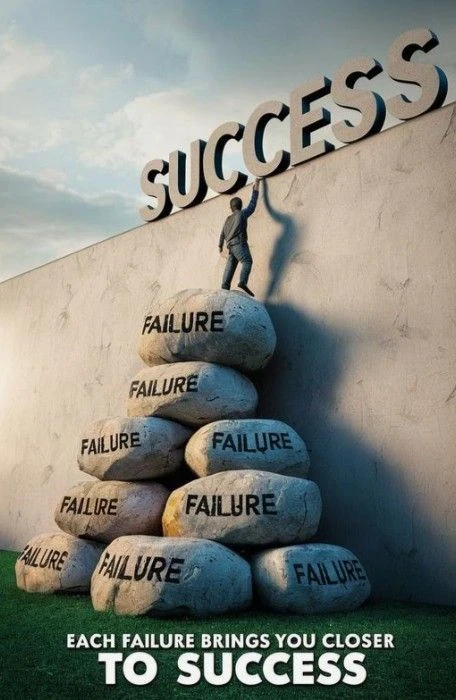
Effective Self-Learning Tips for Personal Growth and Success
Self-Learning and Personal Development: A
Guide to Empowering Yourself

In a world where knowledge and skills are continuously evolving, self-learning has become an essential tool for personal and professional growth. Learning independently allows individuals to adapt, improve, and succeed by developing skills that are often unaddressed in formal education. This article will explore key strategies for self-learning and personal development to help you take charge of your growth journey.
1. Define Your Goals
The first step in effective self-learning is setting clear and achievable goals. Define what you want to learn and why it is important to you. Are you looking to advance your career, develop a new hobby, or improve your mental well-being? Being specific about your objectives will give you a sense of direction and motivation, making it easier to stay on track.
:Action Steps
- .Write down your goals and break them into manageable parts
- .Set deadlines for each part, allowing flexibility for adjustments
2. Identify Reliable Resources
A key component of self-learning is sourcing reliable and high-quality learning materials. There are a plethora of online resources available today, from free educational platforms to paid courses. Some popular platforms for self-learning include Coursera, Udemy, and edX for formal courses, and websites like YouTube, TED, and Wikipedia for supplementary materials.
:Action Steps
.Choose resources that match your learning style—whether visual, auditory, or hands-on
- .Compare different resources to find the best fit in terms of content quality, depth, and accessibility
3. Develop a Consistent Routine
A self-driven learning path requires discipline and consistency. Establish a learning schedule that fits your daily life and helps you progress gradually without feeling overwhelmed. Even a short daily or weekly commitment can lead to substantial improvements over time.
:Action Steps
- .Set aside dedicated time each day or week for learning
- .Find a quiet, comfortable space where you can focus without distractions
4. Practice Active Learning
Active learning is a method that emphasizes engagement over passive absorption of information. Instead of just reading or watching, involve yourself in activities that require critical thinking, problem-solving, or hands-on application. Engage in projects, discussions, or teach someone else what you’ve learned.
:Action Steps
- .Take notes, summarize concepts, or create mind maps
- .Practice problem-solving and apply what you’ve learned in real-life situations
5. Reflect and Review Regularly
Reflection is a powerful tool for assessing progress and identifying areas for improvement. Reviewing what you've learned helps reinforce knowledge and allows you to track your growth. Consider keeping a learning journal or portfolio to document achievements, challenges, and goals.
:Action Steps
- .Set aside time for weekly or monthly reviews of what you’ve learned
- .Write down any new insights, questions, or difficulties
6. Connect with Others
While self-learning is largely independent, connecting with others can provide support, encouragement, and different perspectives. Online forums, study groups, and social media communities can offer a space for discussion, feedback, and collaboration.
:Action Steps
- .Join online communities related to your topic of interest
- .Attend webinars or workshops where you can interact with like-minded individuals
7. Embrace Failure and Adapt
Self-learning often involves challenges and occasional setbacks. Mistakes are part of the learning process and serve as opportunities for growth. Developing a resilient mindset and being open to adapting your approach when needed is crucial for long-term success.
:Action Steps
- .Embrace mistakes as learning experiences rather than failures
- .Regularly adjust your learning strategies based on your progress and feedback
Conclusion
Self-learning and personal development are lifelong processes that require dedication, curiosity, and a proactive attitude. By setting goals, finding quality resources, staying disciplined, and engaging actively in your learning journey, you can unlock your potential and make continuous progress. Whether you aim to acquire a new skill, achieve personal growth, or improve your career prospects, the power to learn and grow is entirely in your hands.






























